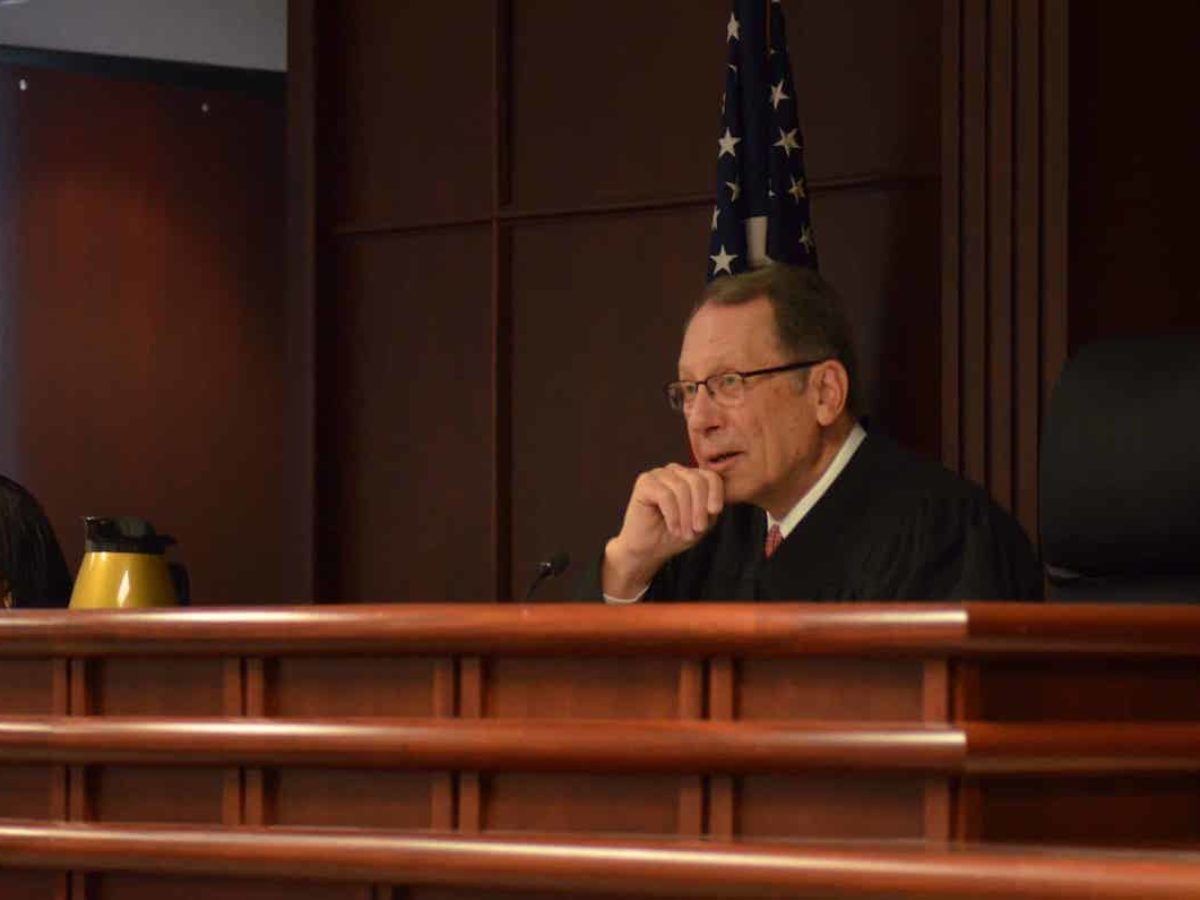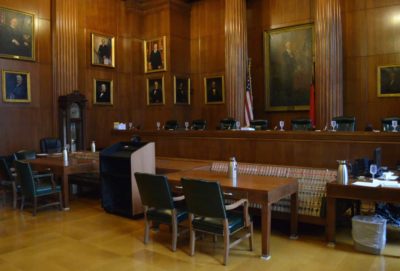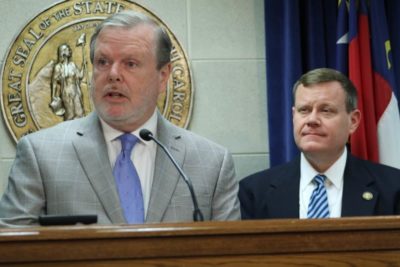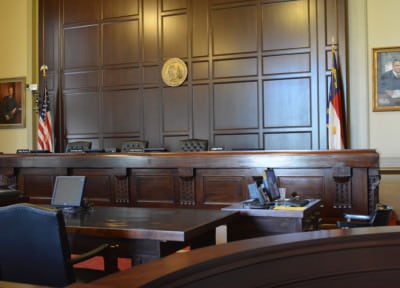
The filings in the North Carolina Supreme Court in the long-running Leandro case continue to pile up. There were four in February and one so far in March.
To recap: The North Carolina Court of Appeals blocked the transfer of about $1.7 billion in late 2021 that had been ordered by Judge David Lee to help the state get in compliance with its constitutional obligation to public education. A three-judge panel ruled 2-1 that while Lee might be right to say the funds are needed, it is not within his power to order money be appropriated.
Lee’s order had directed the state budget director, controller, and treasurer to transfer from the unappropriated balance in the General Fund more than $1.5 billion to the state Department of Public Instruction, $189.8 million to the Department of Health and Human Services, and $41.3 million to the University of North Carolina System.
The plaintiffs in the case appealed to the state Supreme Court.
Recent filings
- On Feb. 14, the lawyer for State Attorney General Josh Stein basically asked the Supreme Court to take a look at the case. The state is a defendant in the case. Here is that filing.
- On Feb. 24, an attorney for the plaintiffs filed a document in support of the attorney general’s request. It’s important to note that, at this point, the defendants and the plaintiffs in the Leandro case are essentially on the same side. They both agree that a multi-year comprehensive plan should be implemented and funded by the state. The $1.7 billion mentioned above is the first installment of funding for that plan. It is legislative leaders — who traditionally have the power of the purse — that balked. Here is the filing from the plaintiffs.
- On Feb. 28, an attorney for the plaintiff-intervenors in the case filed a document in support of the Supreme Court taking the case. The plaintiff-intervenors are parties not original to the case who have joined on the side of the plaintiffs. Here is that filing.
- Also on Feb. 28, the attorney representing North Carolina House Speaker Tim Moore, R-Cleveland, and Senate President Pro Tempore Phil Berger, R-Rockingham, submitted a filing in opposition to the Supreme Court taking the case. Here is that filling.
- On March 3, a new attorney filed a notice that he will be joining as a representative of the plaintiff-intervenors. Here is that filing.
How to learn more
The descriptions of the filings in this article are a shorthand for what is an extremely complicated case procedurally.
To stay up-to-date on new filings, you can go to the state Supreme Court website. From there, scroll down to the eFiling and Document Library. There, type in the case number: 425A21. That will bring up all the filings in the Supreme Court, though note it takes some time for these to make it online.
For all of the filings in the Court of Appeals, go to the eFiling and Document Library and type in the court of appeals case number: P21-511.
The Leandro case started in 1994 when families from five low-wealth counties sued the state. Decisions in the case found and upheld a state constitutional right to access to a sound, basic education. For more history of the case, go here.




